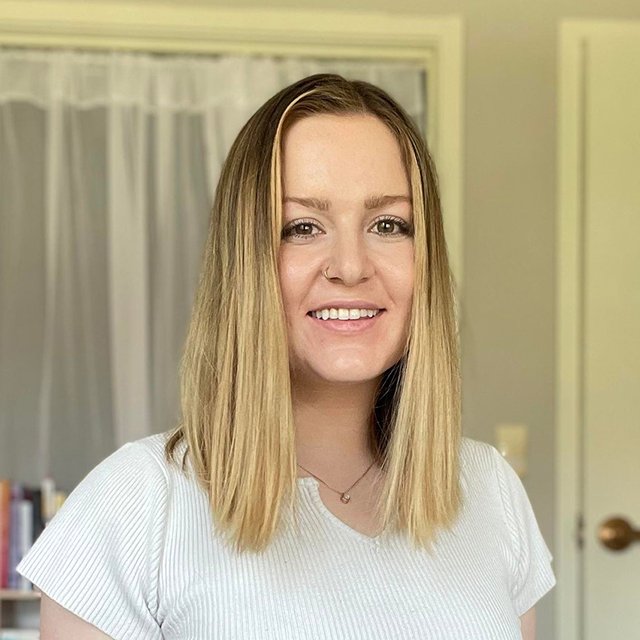
DEAR ASK A THERAPIST: Because of various family situations, I delayed telling my daughter she was donor conceived until a recent visit. I expected her anger at me. I didn’t expect her not wanting to have been born. I am looking for resources to help her. — RECIPIENT PARENT
DEAR RECIPIENT PARENT:
Thank you for your important question about disclosing donor conception to your daughter. This journey is emotionally complex for both of you, and navigating these conversations can be incredibly challenging, especially with unexpected reactions.
It’s important to recognize that every individual processes news like this differently. Your daughter’s reaction seems to reflect her struggle to understand her identity and origins. Your desire to support her through this process is commendable.
Your daughter expressed a desire never to have been born, which may indicate urgency. It’s vital to prioritize her safety and well-being. If you are concerned for her immediate safety, please do not hesitate to contact emergency services. Additionally, reach out to mental health professionals or organizations such as the National Suicide Prevention Lifeline (1-800-273-TALK) for guidance and support.
Once you have established the safety of your daughter, I recommend taking some time to emotionally prepare yourself and gather the resources you need before continuing your conversation with your child about donor conception. Even though you’ve already started the conversation, it may be beneficial to consider the following steps before your next discussion:
- Take time to reflect on your own feelings and reactions to your daughter’s potential response.
- Seek support from friends, family, or a therapist who can help you manage these complex feelings. Consider consulting with a counselor or therapist experienced in fertility issues, donor conception or adoption, and family dynamics.
- Research reputable resources about the potential impact of donor conception on individuals. Understanding the potential psychological issues involved for donor conceived persons will help you address your daughter’s questions and concerns.
- Plan what you want to say to your daughter thoughtfully. Choose a quiet, private setting where you can talk openly without distractions. Be honest and empathetic, allowing her to express her feelings and ask questions.
- If you’re comfortable, apologizing for not sharing this information sooner can help open up communication. You might explain why you didn’t share earlier and why you’re sharing now. If you feel it’s right, express regret for not telling sooner. Acknowledging the timing of this news can validate your child’s emotions and make future conversations more supportive.
After disclosing the information, here are some steps you can take to support your daughter:
- Let your daughter know that her feelings are valid and understandable. Acknowledge her anger and sadness. Acknowledge her pain, and reassure her that you are committed to supporting her through this process. Encourage open communication and assure her that you’re there to listen and support her.
- Avoid defensiveness. It’s natural to feel defensive or guilty, but try to set aside your own emotions during conversations with your daughter. Listen actively and compassionately, even if what she says is difficult for you to hear. Encourage her to express her feelings openly, and assure her that you’re there to listen and support her.
- Reassure your daughter that she is deeply loved and cherished as a unique individual, regardless of how she came into this world. Remind her that she holds importance in your life and the lives of those who care about her. Encourage her to explore her support system and remind her of the people she can lean on during this period of discovery and growth.
- Encourage your daughter to seek counseling or therapy if she needs additional support. A professional can provide a safe space for her to process her emotions and to work through her feelings and any identity issues that may arise.
- Look for support groups or online communities for donor conceived individuals and their families. Connecting with others who share similar experiences can be comforting and validating for your daughter.
- After disclosure, consider engaging in family therapy sessions to promote open communication and understanding among all family members. A family therapist can help navigate tensions and facilitate healing.
- Understand that processing this information will be a personal and evolving experience for your daughter. Give her the time and space she needs.
It’s important to approach this complex experience with patience, empathy, and open communication. Let your daughter know that you’re there to support her and help her find the resources she needs. Encourage her to express her feelings and validate her emotions.
Healing from such a revelation takes time and patience. Your daughter’s reaction reflects her struggle to integrate this newfound aspect of her identity. By offering empathy, understanding, and access to appropriate resources, you can help support her through this challenging period.
Wishing you and your daughter strength and healing as you navigate this journey together.

Kat Boldt, LPC (she/her) completed her Master’s in Mental Health Counseling at Northwestern University in 2024. She did her Capstone Project on “Donor Conception, Late Disclosure, and Strategies for Mental Health Professionals.” During her undergraduate studies in Biomedical Engineering at Case Western Reserve University, Katherine discovered her passion for mental health care and redirected her career towards counseling. Now at Cleveland Sex & Intimacy Counseling, Katherine works to provide affirming care to adult clients seeking therapy relating to sexuality, gender identity, and reproductive technologies, including donor conception. After graduation, Katherine will be pursuing full accreditation in sex therapy.
Do you have a question for Ask a Therapist? Anonymously submit your question here. Questions may be edited for length and clarity prior to publication.
Top Image by Lukas Blazek via Unsplash
